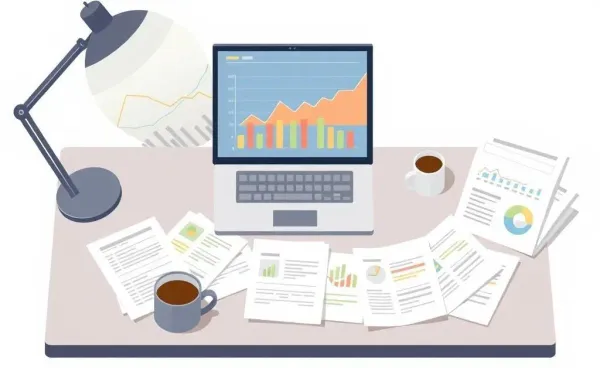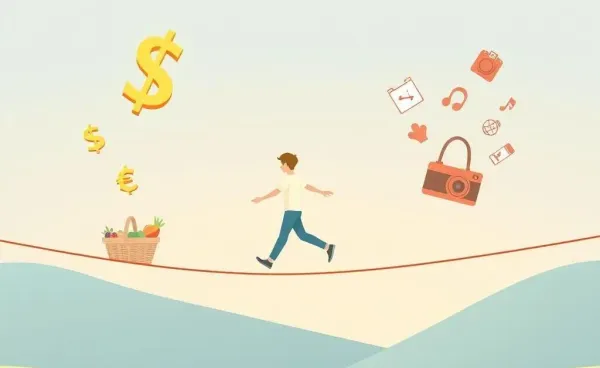Decoding Banking: Your Guide to Navigating Common Questions
Unravel banking myths with insights on account fees, overdrafts, and online safety.
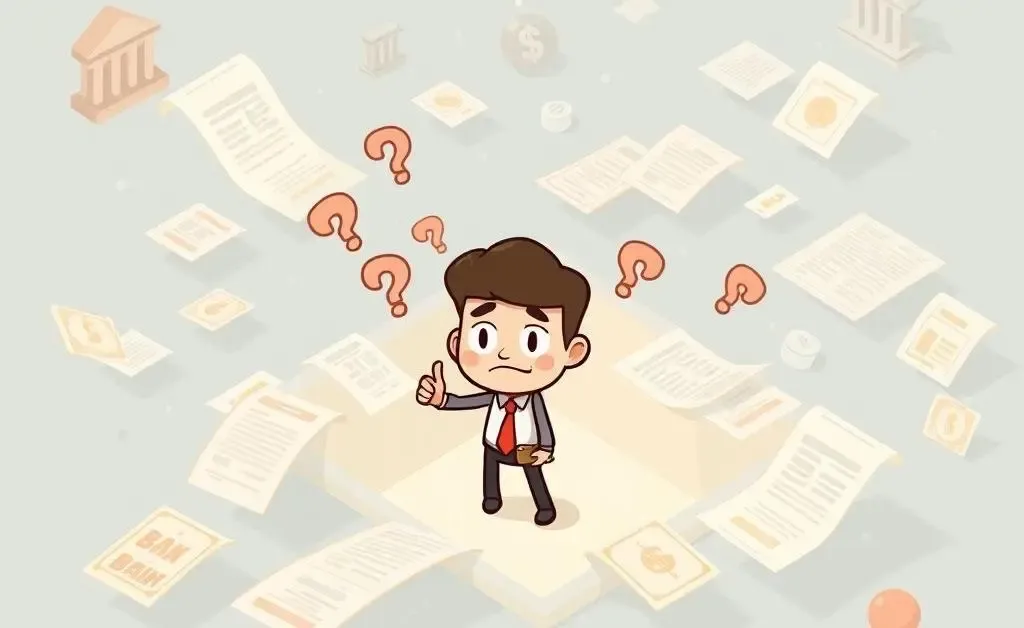
Have you ever felt a bit lost when it comes to managing your bank account? You're not alone! Many of us find the world of banking a bit like navigating a dense forest without a compass. But fear not—today, we're diving into the most common banking questions, demystifying what can seem like financial gobbledygook. Let's start by tackling one of the most common worries: account fees.
Understanding Bank Fees: Are They Inevitable?
So, let's address the elephant in the room: bank fees. They can sneak up on you if you're not careful. Picture this: my friend Lisa once opened her bank statement to find an unexpected $30 charge. It turned out to be a fee for falling below her balance minimum—ouch!
Here's a quick rundown of common bank fees:
- Monthly maintenance fees: Charged just for having an account.
- Overdraft fees: A penalty for spending more than you have.
- ATM fees: Charged when using out-of-network ATMs.
There are a few ways to avoid these pesky charges. Firstly, explore no-fee or low-fee bank account options. Secondly, keep an eye on your account balance and be wary of spending more than you have. Lastly, use ATMs within your bank’s network to dodge ATM fees.
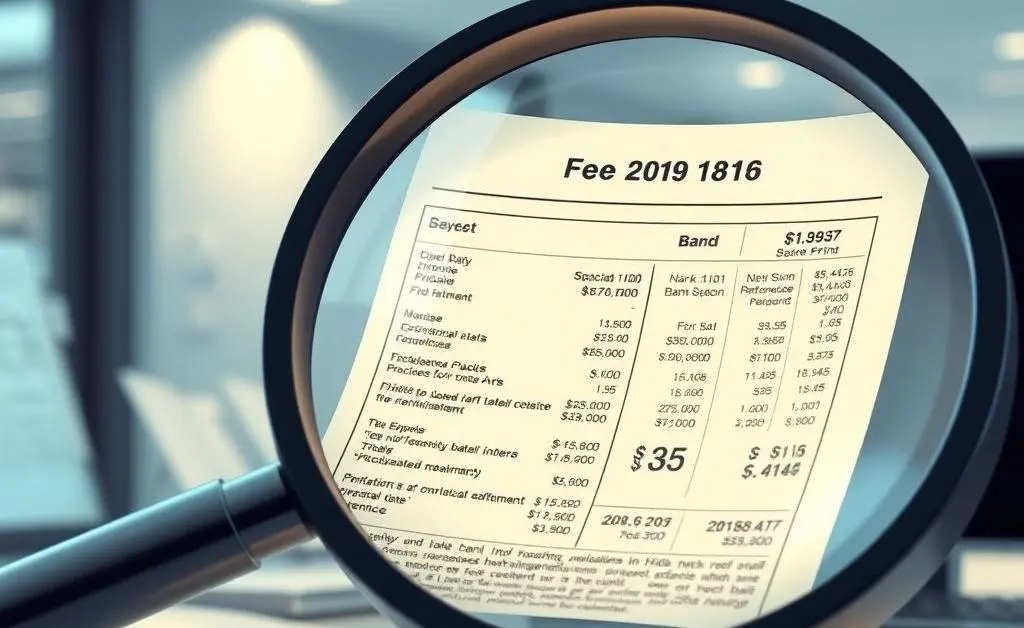
Overdrafts: Friend or Foe?
At one point or another, almost everyone has slipped into overdraft territory. Is that a bad thing? Not necessarily, but it can lead to hefty fees if not managed properly.
Here's a pro-tip: set up text alerts for when your balance runs low. This way, you’ll always know when it’s time to tighten your belt a bit.
Procrastination is your wallet's worst enemy; don't wait until the last moment to address an overdraft situation.
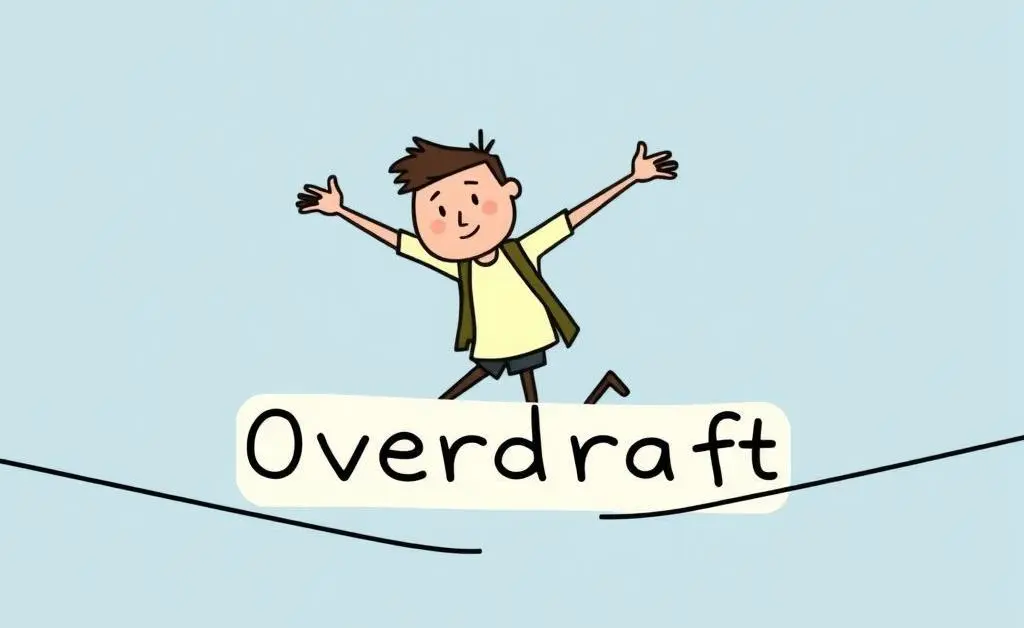
Online Banking: Is Your Money Safe?
Diving into the digital realm, you might wonder, 'Is online banking safe?' Fortunately, with some straightforward steps, you can enhance your online banking security.
- Enable two-factor authentication for an extra layer of protection.
- Opt for security questions using memorable yet obscure answers.
- Avoid public Wi-Fi when accessing financial accounts.
Remember, staying informed and cautious is the key to safe online banking.
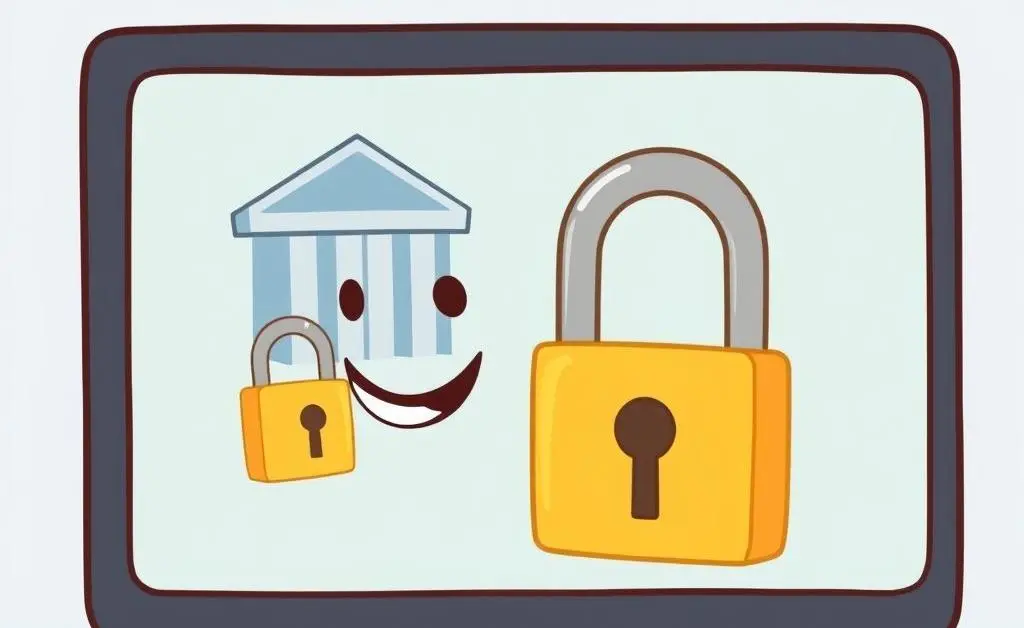
Final Thoughts: Let's Keep Learning!
Banking doesn't have to be overwhelming. With the right insights, it's like having a cheat sheet for your finances. By understanding fees, managing overdrafts wisely, and keeping your online activities secure, you're setting yourself up for success.
Got a banking tip or question you'd love to dive deeper into? Let's chat below! 🤔



